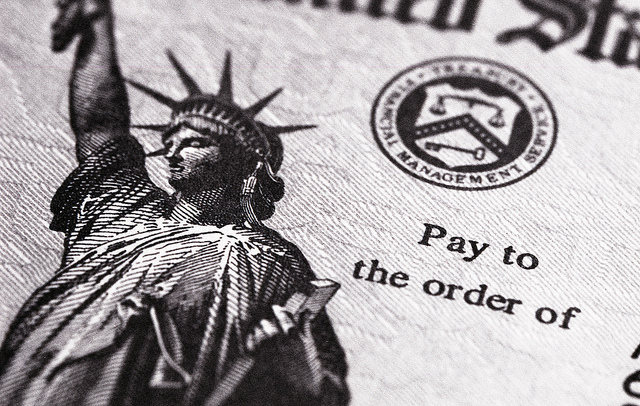The Better Business Bureau is warning consumers about three scams that were very popular in 2014 – and are likely to be go-to choices of scammers in 2015, as well.
Scam No. 3: Sweepstakes scam
We all joke about “when I win the lottery,” but somewhere deep down inside most of us is the hope that it really will happen. Scammers know this well and play on that very wish when they send out “notifications” that you have just won a lottery or sweepstakes. Sometime it is in the form of an unsolicited email, sometimes a letter, a fax or a phone call.
In some cases, the notice will tell you that you should pay a fee in order to collect your winnings. In others, they will request your bank routing number so that they may “deposit a check into your account.” Either way, the scammer is trying to defraud you. Keep these tips in mind when you receive such messages, calls or letters:
* Legitimate sweepstakes never make you pay a fee, wire money or buy something to collect your winnings. An unsolicited check sent with instructions for you to cash it and wire an amount back, is a sure sign of a scam.
* You should never have to give your bank information or a credit card number to a lottery or sweepstakes.
* Notifications that you have won a foreign lottery are illegitimate. Furthermore, it is illegal to play a foreign lottery.
* Spam emails and texts offering gifts, free services or gift cards should simply be deleted. Clicking on links can result in malware being installed on your computer or device.
Scam No. 2: Government grant scams
Calls and notifications claiming you have won a grant from “the government” are fake. Requests for payment of a fee in order to get a grant are a sure sign of fraud. Often you will be told to buy a Green Dot MoneyPak card and load money onto it. They then request the number on the card, take your money and leave you with nothing.
You should never have to pay a fee in order to get a government grant. You will never be “awarded” a grant that you didn’t apply for. The U.S. Government never notifies by phone call of winning a grant. Simply hang up if you receive such a call. Never give out your personal information to someone you don’t know.
Scam No. 1: IRS scam
Federal taxes are famously complicated, and we all have a fear of making a mistake that gets us into trouble with the IRS. With this in mind, scammers have been having a field day by impersonating IRS agents as they notify people that they are being sued and requesting immediate payment. Some have reported scammers are masking their numbers on Caller ID so they appear to really be calling from the IRS. They give false agent badge numbers, fake the background noise of a call center and give the actual last four digits of the victim’s Social Security number. Some have followed up on hang-ups by calling back and claiming to be law enforcement officiers.
Here is what you should know about the IRS:
* They only contact taxpayers by mail, never by phone.
* They never ask for credit, debit or prepaid card information over the phone.
* They never request a specific way of paying and never request payment over the phone.
* They will be courteous and professional when dealing with you.
Behavior contrary to the above is a sure sign of a scam.
If you come across one of these scams, fill out a complaint on the BBB website.
Photo by Great Beyond via Flickr CC License




